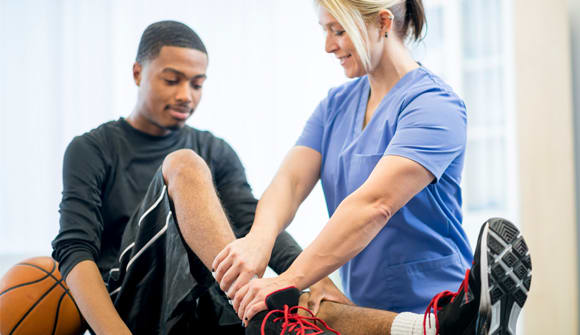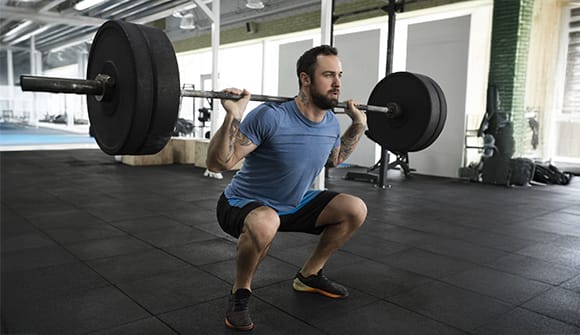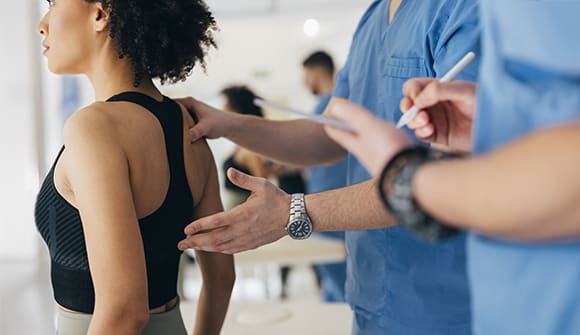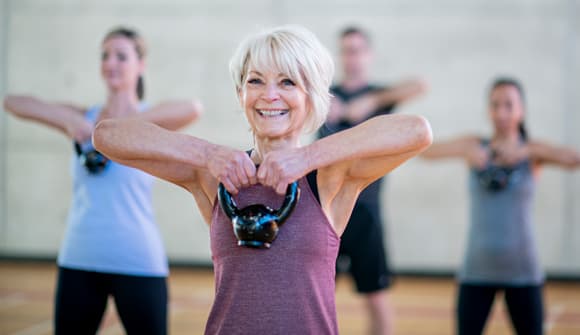Playing it safe
Tips to know before your student-athlete takes the field.
Article Date:

It’s common to see a team of physicians, athletic trainers and first responders on the sidelines of any professional sports game. Ready to assist with everything from minor leg cramps to concussions and cardiac arrest, they help maintain a level of safety while players are on the field.
Just like in the professional sports world, if you have a student-athlete on the turf, it’s important to know what type of emergency plan is in place and who is ready to respond from the sidelines.
“Parents should ask if there are medical professionals on site. These could include athletic trainers, physicians or paramedics. If these professionals are not available, parents should inquire about what protocols are in place in case of a medical emergency, said Kevin Kaplan, MD, an orthopedic surgeon with Orthopedic Specialists of Jacksonville.
“All athletic events should have an emergency action plan,” he said. “In addition, student-athletes should have a yearly medical exam by their primary care provider or a sports medicine physician. That is a good way to screen for any medical issues that could prevent them from participating in sports.”
“Certainly, all athletes should train for their given sports while maintaining the appropriate nutrition and hydration before, during and after the season,” he added.
Heart-smart athletes
While not a replacement for professional medical care from a doctor or first responder, devices such as smartwatches, Fitbits or other health trackers can provide insight into important factors and help you be prepared, along with knowing the team’s emergency plan and getting regular physical exams.
“In today’s digital world, devices that can track your heart rate, pulse and oxygen saturation are the most efficient things to have on hand while exercising at home or on the field,” Dr. Kaplan said. “These devices are becoming more and more accurate, but no matter what, they provide insight into an athlete’s current cardiac condition. I encourage athletes working out at home to use one of the numerous available devices.”
Additionally, talking to your student-athlete about heart palpitations, dizziness and other potentially serious symptoms can help ensure they stay safe. It’s also crucial to know how Florida heat can impact your body, Dr. Kaplan said.
Headaches, nausea, thirst, heavy sweating and weakness can all be signs of heat exhaustion.
“Athletes in our area need to learn about heat illness and how that can affect their bodies, especially during the summer months. This type of problem can not only affect performance but can also lead to hospitalization,” Dr. Kaplan said.
The importance of education also goes for head injuries.
“Athletes need to be educated on what concussions are, what signs to look for and how to report any questionable symptoms they may experience,” Dr. Kaplan said. “Athletes should be encouraged to ask for help from coaches, other teammates and athletic trainers about any concerns with their bodies.”
If you or your student-athlete is looking for personalized attention for overall health, the experts with Baptist Primary Care are a great place to start. To find the right one for you, call 904.202.4YOU (4968).



